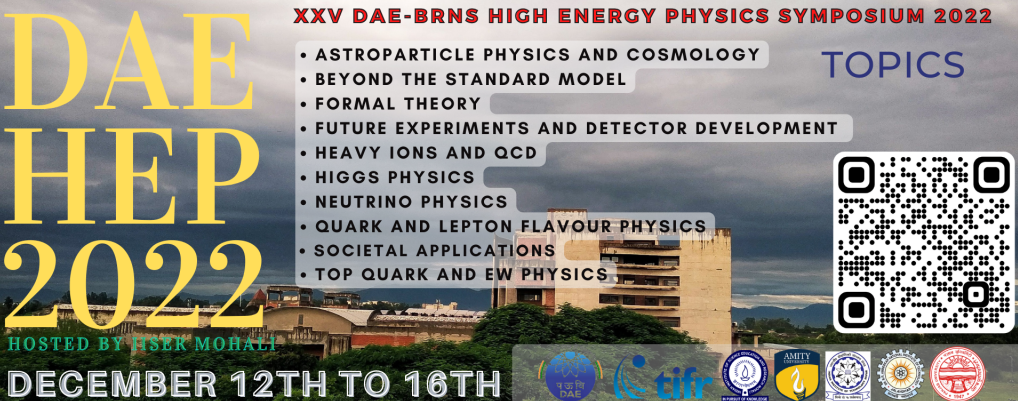Speaker
Description
General Relativistic Magnetohydrodynamics
(GRMHD) is an essential frame-work to study astrophysical systems such as binary neutron star mergers, which is one of the source of the gravitational waves.Usually, in GRMHD numerical studies, the ideal
magnetohydrodynamics limit ( large magnetic Reynolds number) is used, and other dissipative effects (due to bulk and shear viscosity, etc.) are usually neglected. On the other hand, in heavy-ion collisions, two heavy nuclei collide and create a hot and dense Quark-Gluon-Plasma
(QGP) that evolves for a few femtoseconds like a strongly coupled fluid, gradients are usually large, and dissipative effects are not negligible. Unlike astrophysical systems, the space-time metric considered in heavy-ion collisions is flat. In short, in GRMHD, we generally neglect the viscous effects, and in special relativistic MHD
(as in heavy-ion collisions), we ignore the curvature of space-time. Again , any relativistically consistent theory, in principle, must obey the causality condition, i.e., the speed of propagation of perturbations cannot be superluminal. So here we study the wave propagation and stability of general relativistic non-resistive dissipative second-order magnetohydrodynamic equations in curved space-time. we have tested the causality and stability of the second-order theory in curved space-time in the presence of linearised metric perturbation and derived dispersion relations for various modes. Interestingly, we found the coupling of gravitational modes with the usual magnetosonic modes in the small wave-number limit. Also, we show additional non-hydrodynamical modes
arise due to gravity for a bulk-viscous fluid.
| Session | Astroparticle Physics and Cosmology |
|---|
